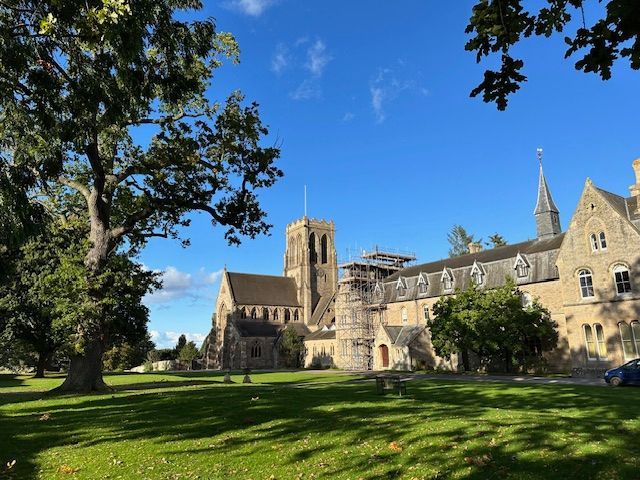
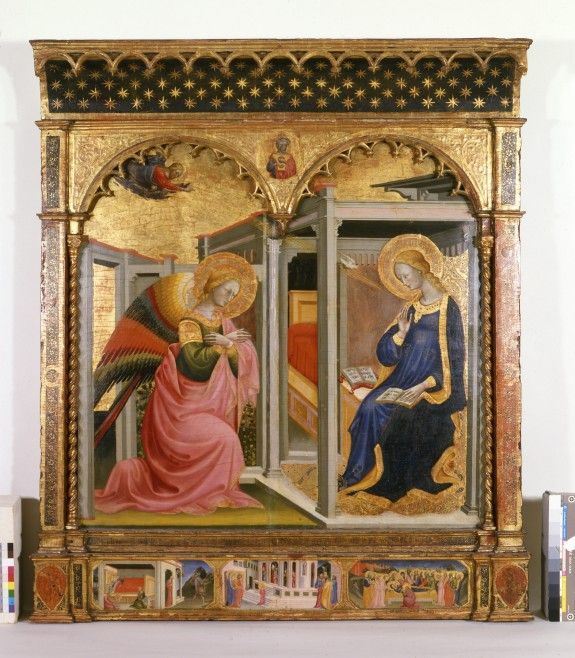

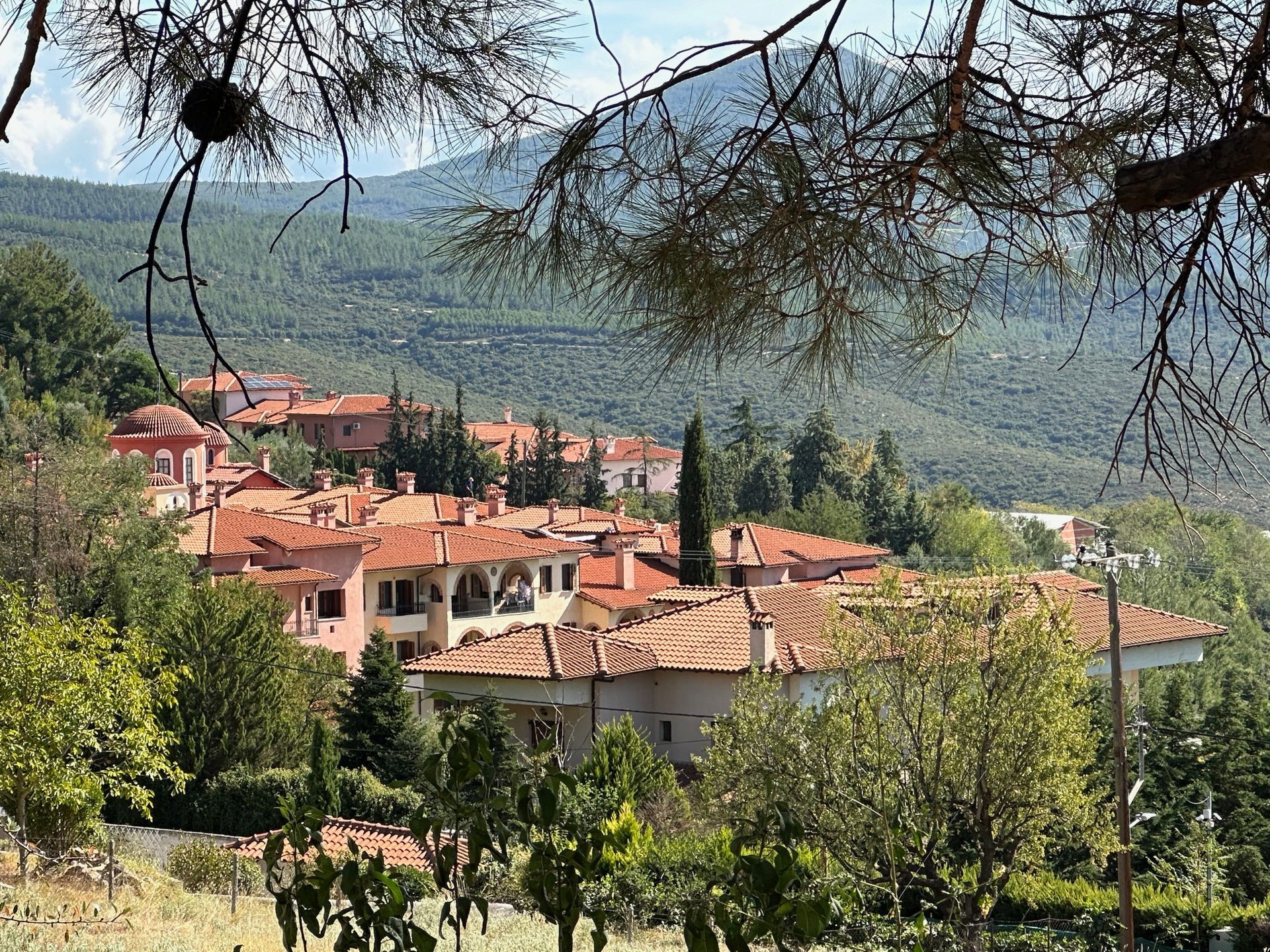
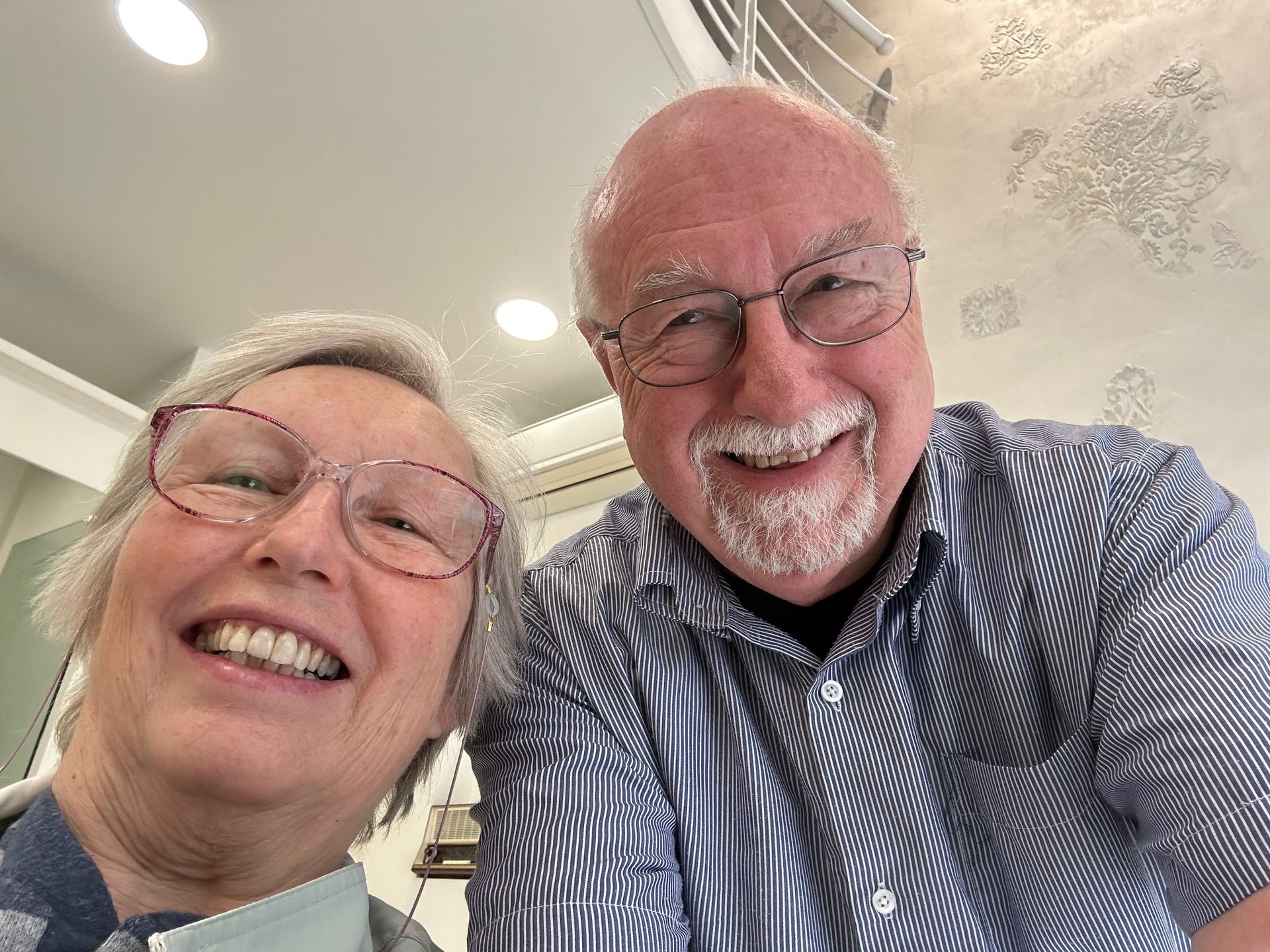
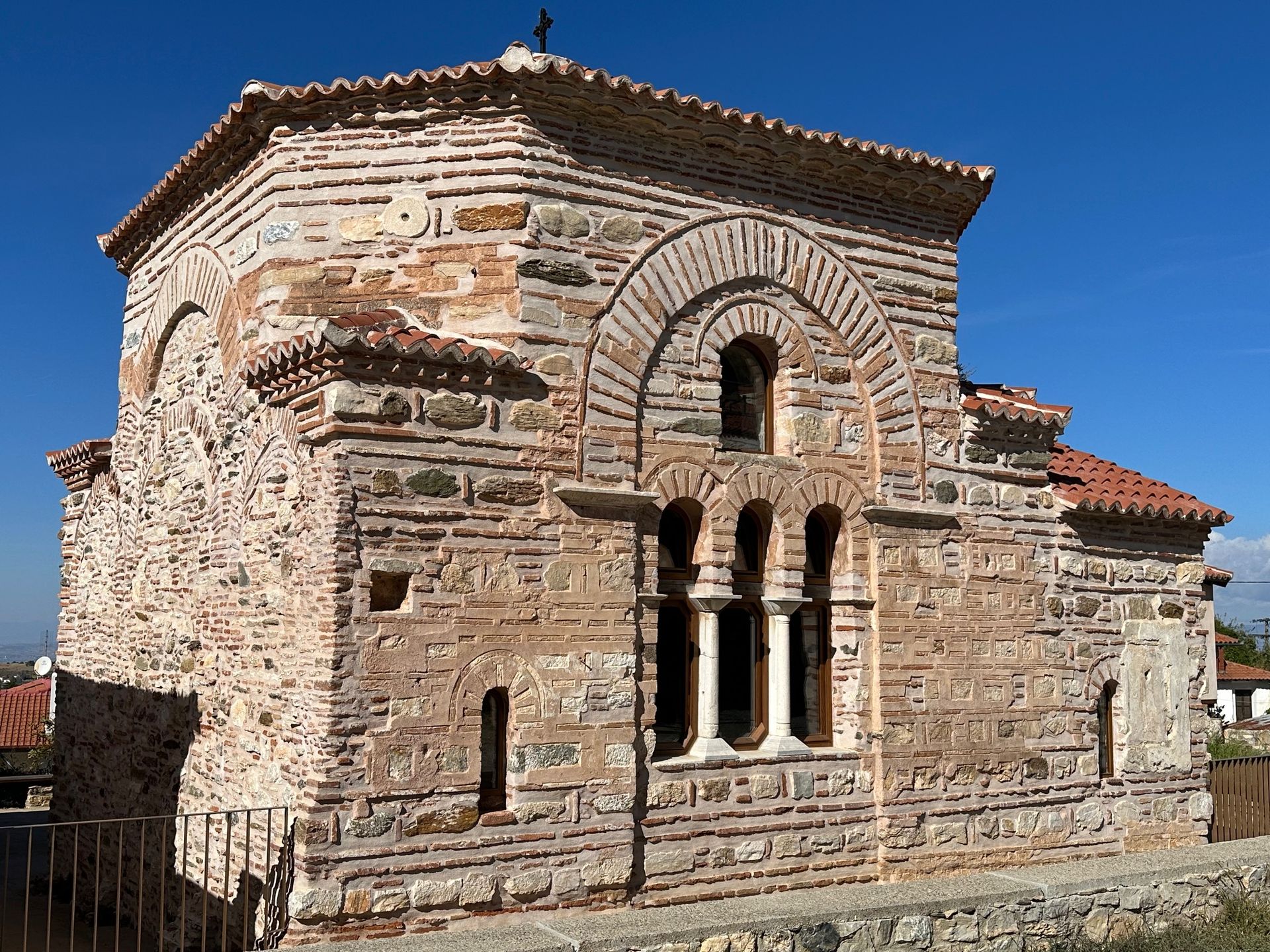

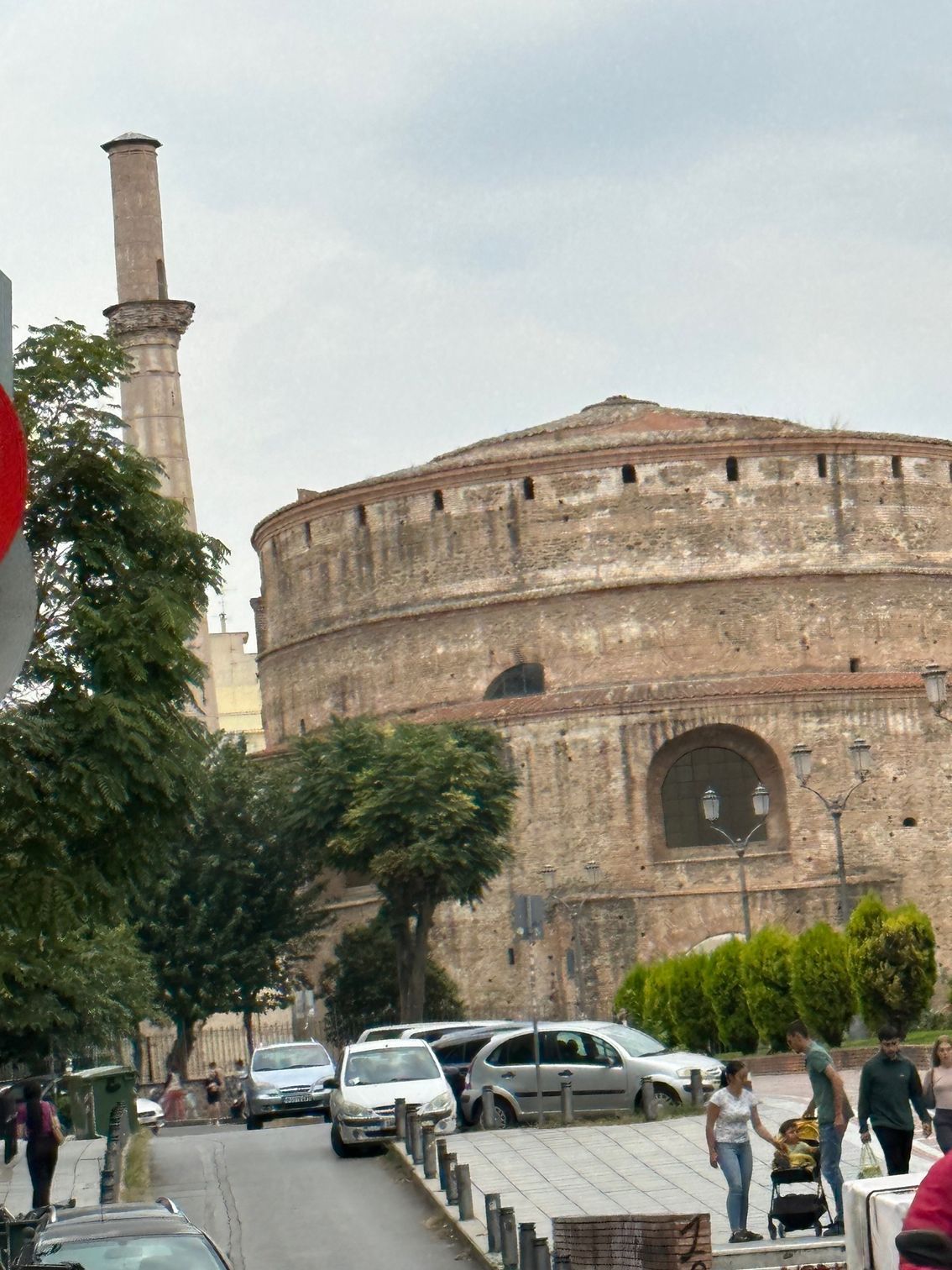
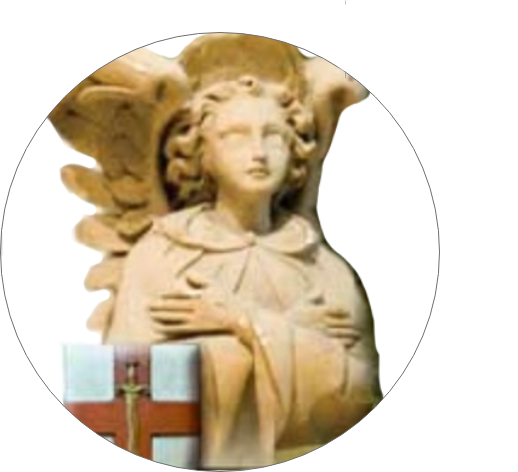

Today is Holy Wednesday, also known as Spy Wednesday, as it was the day that Judas Iscariot bargained with the chief priests in Jerusalem and received thirty pieces of silver in return for handing Jesus over to them. In order to do this, he acted like a spy among the group of disciples. Our Gospel reading comes from Matthew, (Mt 26: 14-25), and gives us a vivid description of the events of the day. It begins with details of the transaction between Judas and the chief priests. It’s interesting to note that Judas himself instigates the sale for an opportunity to arrest Jesus. “One of the Twelve, the man called Judas Iscariot, went to the chief priests and said, ‘What are you prepared to give me if I hand him over to you?’ They paid him thirty silver pieces, and from that moment he looked for an opportunity to betray him.” Why didn’t Judas ask for more? Surely Jesus was worth more than thirty pieces of silver? Why was betrayal necessary? Surely the chief priests could have arrested Jesus anyway? Of course, much of what is related in the Gospels, and especially in Matthew, is the fulfilment of what was foretold by the prophets.
Jesus and the disciples are not at home in Galilee, so the question arises as to where they are to celebrate the Passover. “Now on the first day of Unleavened Bread the disciples came to Jesus to say, ‘Where do you want us to make the preparations for you to eat the Passover?’ ‘Go to so-and-so in the city’ he replied ‘and say to him, “The Master says: My time is near. It is at your house that I am keeping Passover with my disciples.”’ The disciples did what Jesus told them and prepared the Passover.” When the disciples ask Jesus about this, they don’t say, ‘Where are we to eat the Passover,’ but rather, ‘Where are you to eat it.’ Were they not going to eat the Passover together? And we are not told at whose house it was to be eaten. Who was “so-and-so”? It was going to be an unusual Passover, to say the least.
Yesterday, we read John’s version of the foretelling of the betrayal. If you have time today, you could compare the two. Matthew writes, “When evening came, he was at table with the twelve disciples. And while they were eating, he said ‘I tell you solemnly, one of you is about to betray me.’ They were greatly distressed and started asking him in turn, ‘Not I, Lord, surely?’ He answered, ‘Someone who has dipped his hand into the dish with me, will betray me. The Son of Man is going to his fate, as the scriptures say he will, but alas for that man by whom the Son of Man is betrayed! Better for that man if he had never been born!’ Judas, who was to betray him; asked in his turn, ‘Not I, Rabbi, surely?’ ‘They are your own words’ answered Jesus.” They are at table eating, when Jesus drops the bombshell about betrayal. Distressed, they ask in turn, “Is it I, Lord?” They know, as we know, that we are not always faithful. To share a meal, not just to sit at the same table, but to share the same dish or bowl of food, as is the custom in many countries, is probably the most intimate sign of love, respect and friendship there is. Yet, someone who has eaten from the same dish as Jesus, where they dipped hands together, will betray him, the betrayal of friendship, discipleship and love. When Judas states, “Not I, surely, Rabbi?” he is betraying himself, accusing himself in the presence of Jesus and his companions. The next time we meet Judas will be in the garden of Gethsemane, where Jesus is praying, and he will betray Jesus with a kiss, that symbol of love, friendship and self-giving. But the kiss of Judas is a lie. Jesus, who is the Way, the Truth and the Life, is betrayed with a lie. Lord, preserve us from ever following the example of Judas. Amen.









Copyright © 2019 - Parish of St Michael and All Angels, Belmont Abbey, Hereford
Belmont Abbey Parish is part of Belmont Abbey Mission CIO (registered charity number 1191221)
Website design by: Every Day Christian Marketing